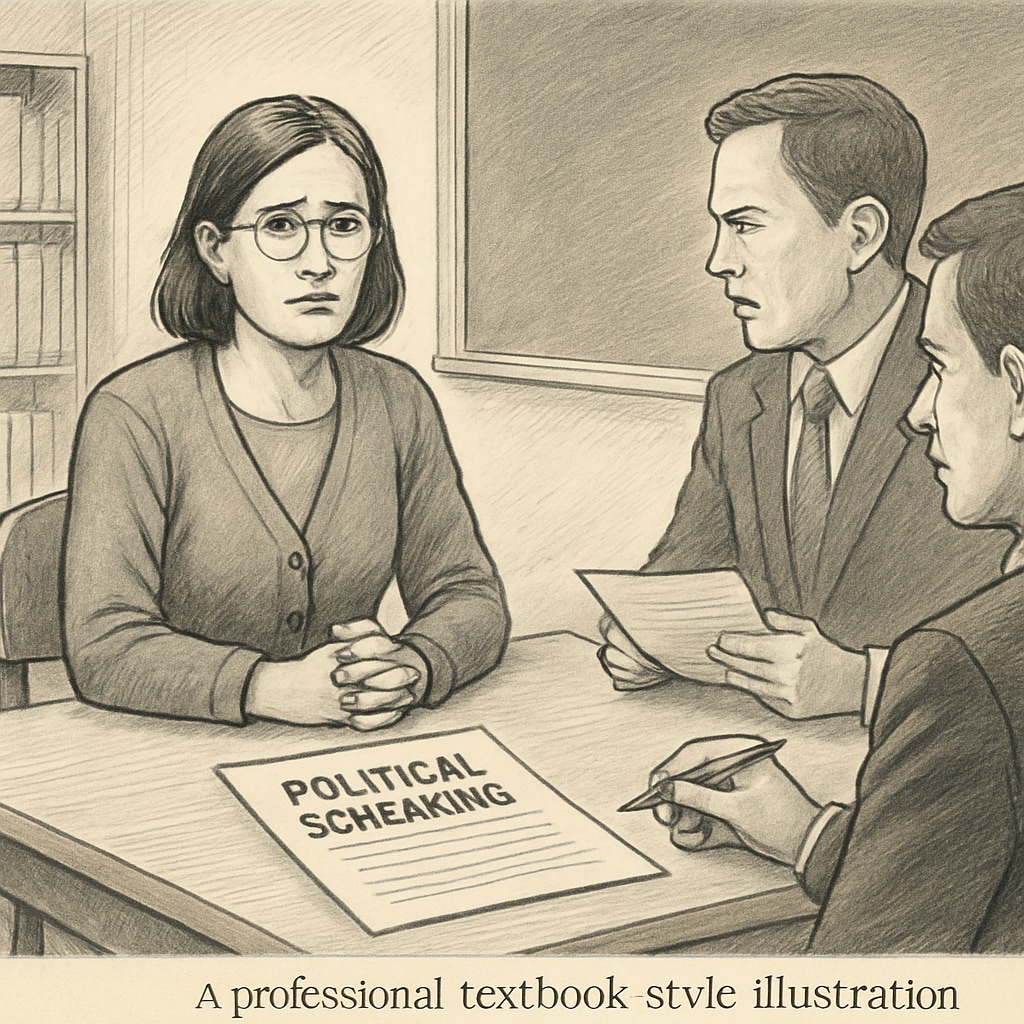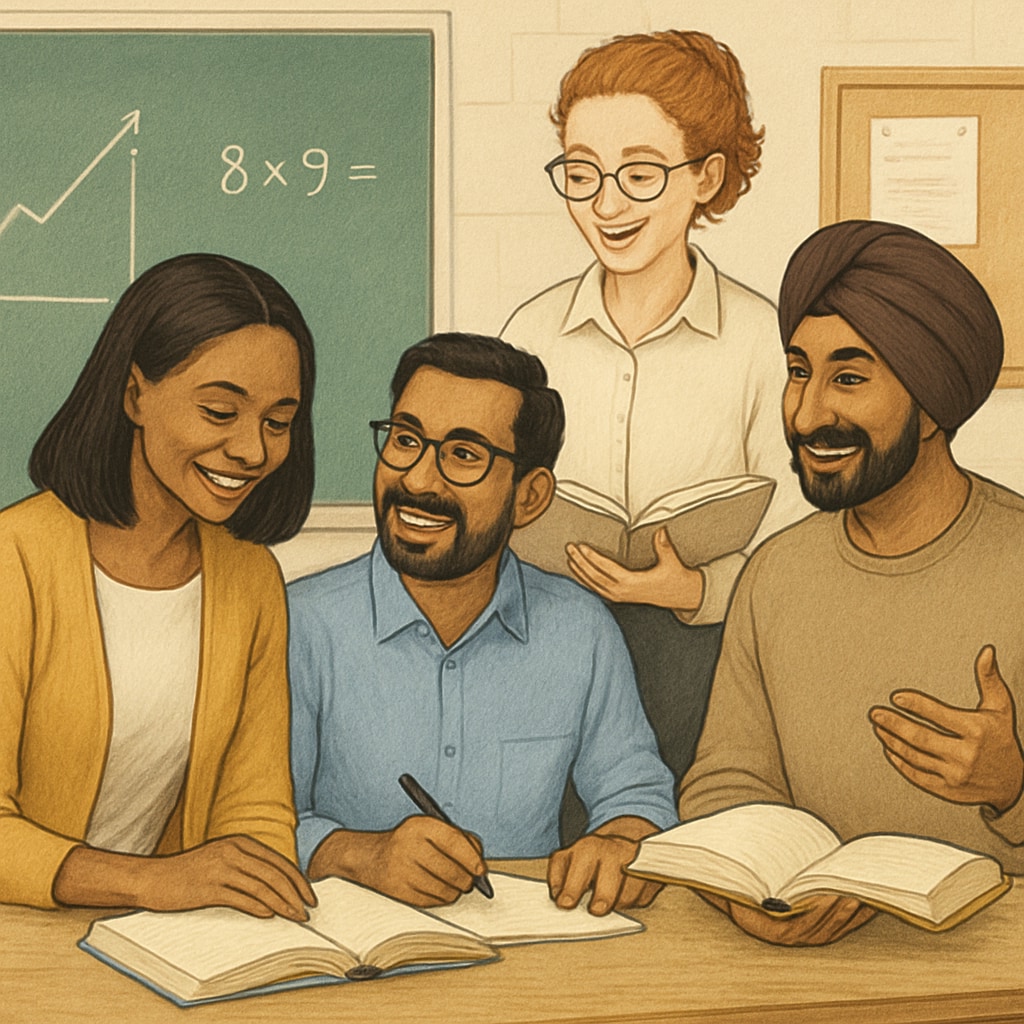The recent implementation of a political inclination test for out-of-state teacher applicants in Oklahoma has ignited heated discussions about the intersection of education and politics. This new requirement, aimed at assessing the ideological leanings of potential educators, raises critical questions about the role of political beliefs in determining teacher eligibility. As a result, debates surrounding educational freedom, political interference, and the risks of promoting or suppressing certain ideologies have taken center stage.
Unpacking the Motives Behind the Political Screening Policy
Oklahoma’s decision to introduce a political inclination test reflects broader societal tensions. Proponents of the policy argue that it aims to prevent “radical ideologies” from entering classrooms and influencing young minds. They claim this measure ensures that educators promote values aligned with the community’s cultural and political norms. However, critics see it as a form of gatekeeping that risks marginalizing diverse perspectives and curbing intellectual freedom.
For example, this initiative may target educators perceived as promoting progressive or controversial topics, such as racial equity or gender inclusivity. Opponents argue that this undermines the principles of a balanced education by prioritizing conformity over critical thinking. Moreover, the lack of transparency in defining what constitutes “radical ideologies” adds to the controversy, fueling concerns about potential misuse of the policy.

The Consequences for the Teaching Profession
Implementing political screening as part of teacher qualifications could have far-reaching consequences. On one hand, it might deter highly qualified educators from applying in Oklahoma due to fears of ideological discrimination. This could exacerbate teacher shortages, which are already a pressing issue in many states. On the other hand, it risks creating a homogenized teaching workforce, where educators feel pressured to conform to a particular political narrative to secure employment.
Furthermore, the classroom itself may suffer. Education thrives on the exchange of diverse ideas and open dialogue. By filtering teacher candidates based on political beliefs, schools may inadvertently stifle students’ exposure to varying viewpoints. This could hinder their ability to develop critical thinking skills and prepare for participation in a pluralistic society.
Balancing Educational Integrity and Ideological Diversity
The challenge lies in finding a balance between protecting educational integrity and fostering ideological diversity. While it is reasonable for communities to expect educators to respect local values, imposing rigid political tests risks alienating teachers who bring valuable perspectives to the classroom. Policymakers must tread carefully to ensure that education remains a platform for intellectual growth rather than political indoctrination.
One potential solution is to establish clear and transparent guidelines for evaluating teacher qualifications. These guidelines should focus on professional competence, teaching ability, and adherence to ethical standards, rather than personal political beliefs. Additionally, creating forums for community engagement and dialogue can help bridge the gap between differing viewpoints and build trust in the education system.

Conclusion: Education at a Crossroads
Oklahoma’s political inclination test for out-of-state teacher applicants highlights the growing interplay between education and politics. While the policy aims to safeguard classrooms from potential ideological influences, its broader implications raise concerns about fairness, diversity, and the future of education. Policymakers, educators, and communities must work together to navigate this complex issue, ensuring that schools remain spaces of learning, exploration, and respect for diverse perspectives.
Ultimately, the question remains: How can we create an education system that upholds both integrity and inclusivity, without allowing political agendas to dictate its direction? The answer lies in open dialogue, careful policymaking, and a commitment to the fundamental principles of education—knowledge, curiosity, and growth.
Readability guidance: This article maintains short paragraphs and utilizes subheadings to enhance readability. Lists and examples are used where applicable. Passive voice and lengthy sentences are minimized, with transitional phrases ensuring a smooth flow of ideas.


